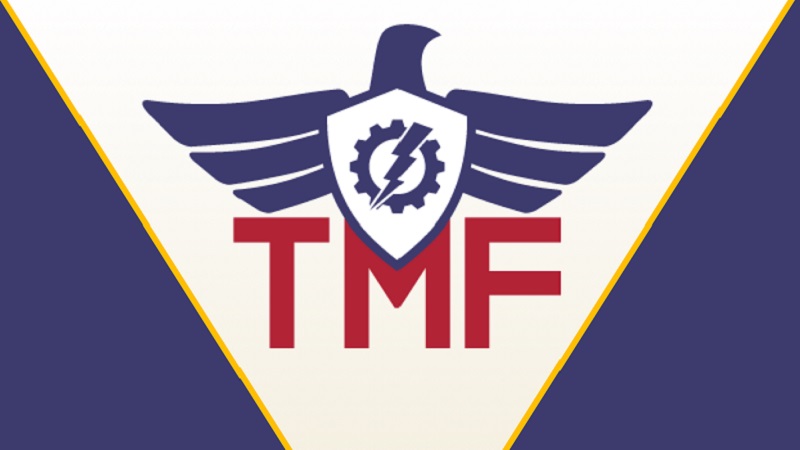
The Technology Modernization Fund (TMF) said today it approved funding awards totaling $13.8 million to the Commerce Department and the Energy Department for projects aimed at furthering the Federal government’s ongoing AI safety push, and improving existing nuclear emergency response infrastructure.
TMF was created by Congress in 2017 as a vehicle to provide money to Federal civilian agencies to jumpstart tech modernization projects. TMF received a one-time funding boost of $1 billion under the 2021 American Rescue Plan Act, and as of last month had awarded most of that money across 53 projects being undertaken by 30 agencies.
The lion’s share of the new awards announced today – $10 million – will go to the Commerce Department to support growth of the agency’s U.S. AI Safety Institute (AISI), which was conceived in November 2023 at the direction of President Biden to support the responsibilities assigned to the Department of Commerce under the administration’s landmark AI executive order. AISI is being run by the agency’s National Institute of Standards and Technology’s (NIST) component.
TMF said the funding award for AISI will help to address “a critical gap in the federal government’s technological infrastructure, as agencies currently lack standardized processes for evaluating AI systems before deployment.”
“By establishing a centralized resource for AI testing and evaluation, this investment aims to save the federal government billions of dollars while facilitating the safe and responsible implementation of AI technologies in government operations,” TMF said.
“This funding will build the foundation of the newly established AI Safety Institute, allow us to speed up the development of AI testing capabilities, and help us provide federal agencies with the tools they need to safely deploy AI in ways that benefit the American people,” commented NIST Director Laurie Locascio.
The $3.8 million funding award to the Energy Department will help to upgrade the agency’s Radiological Response Data Portal (R2DP), which is central to DoE’s Nuclear Emergency Support Team (NEST) operations.
“The modernization effort aims to transform the 15-year-old R2DP into a state-of-the-art platform capable of real-time data aggregation, analysis, and visualization from multiple agencies,” TMF said. “The upgraded system will benefit a wide range of users, including NEST assets, partner agencies, and decision authorities at federal, state, and local levels.”
Kasia Mendelsohn, acting director of DoE’s Office of Counterterrorism and Counterproliferation, called the data portal the “central nervous system of NEST responses,” and said that the work planned to upgrade the system “will improve response times, accelerate the interpretation of data to protect public health, and better inform decision-makers in government for the next decade-plus.”
“With these strategic investments, we’re addressing two of the most pressing technological challenges facing our government today,” said TMF Executive Director Larry Bafundo. “Modernizing our nuclear emergency response systems and establishing AI safety protocols are crucial steps in ensuring our technological infrastructure keeps pace with evolving threats and opportunities.”
“With these investments, the Department of Energy will now be able to undertake essential work to safeguard our Nation and the Department of Commerce will break new ground to advance the science of AI safety and facilitate safe and responsible AI innovation within Federal government,” added Clare Martorana, Federal CIO and chair of the TMF board.
